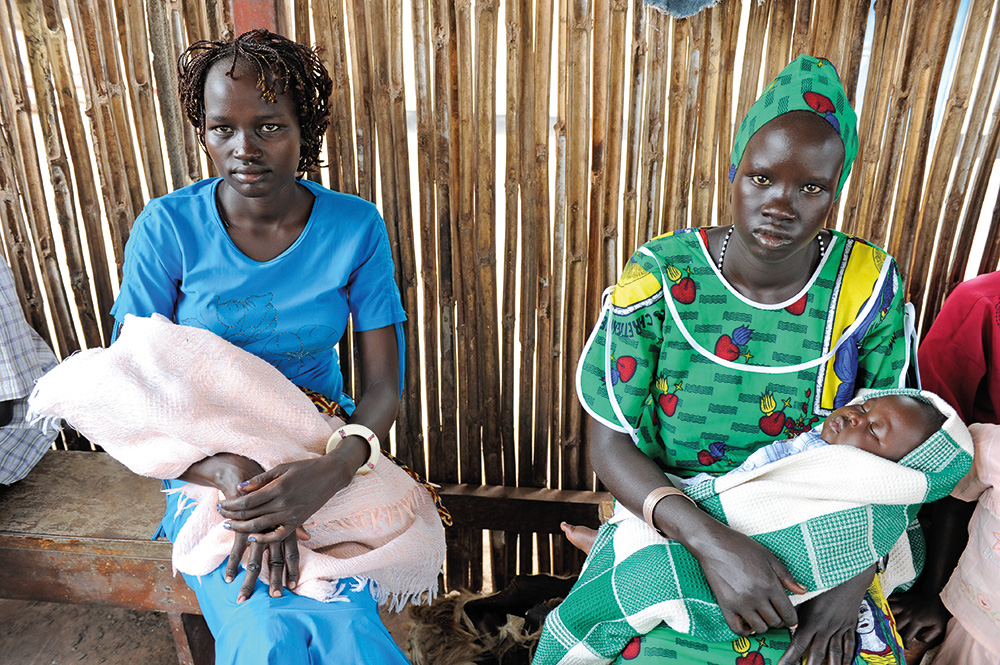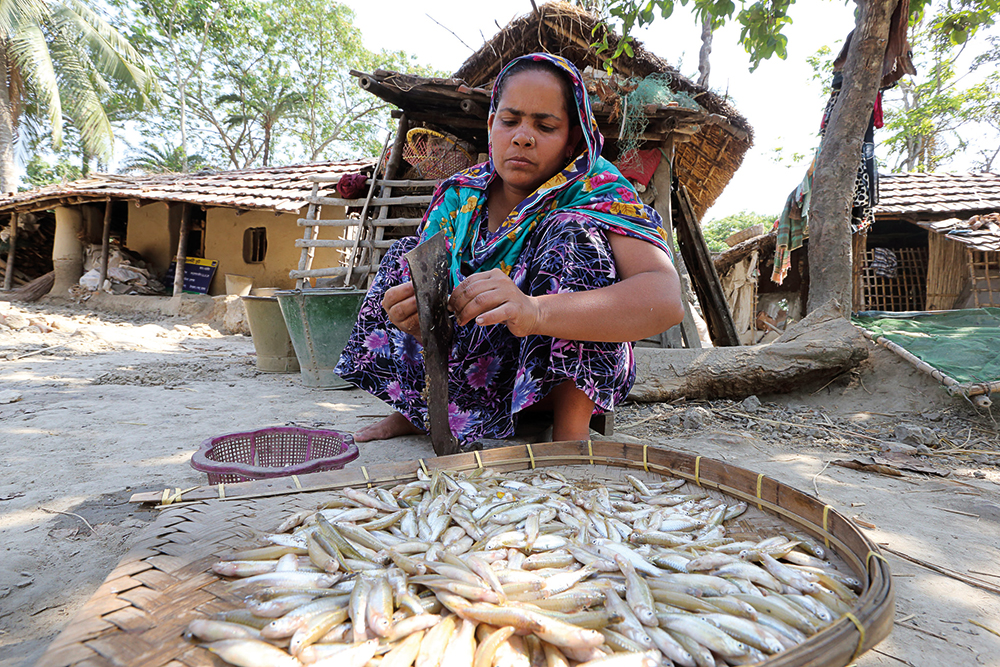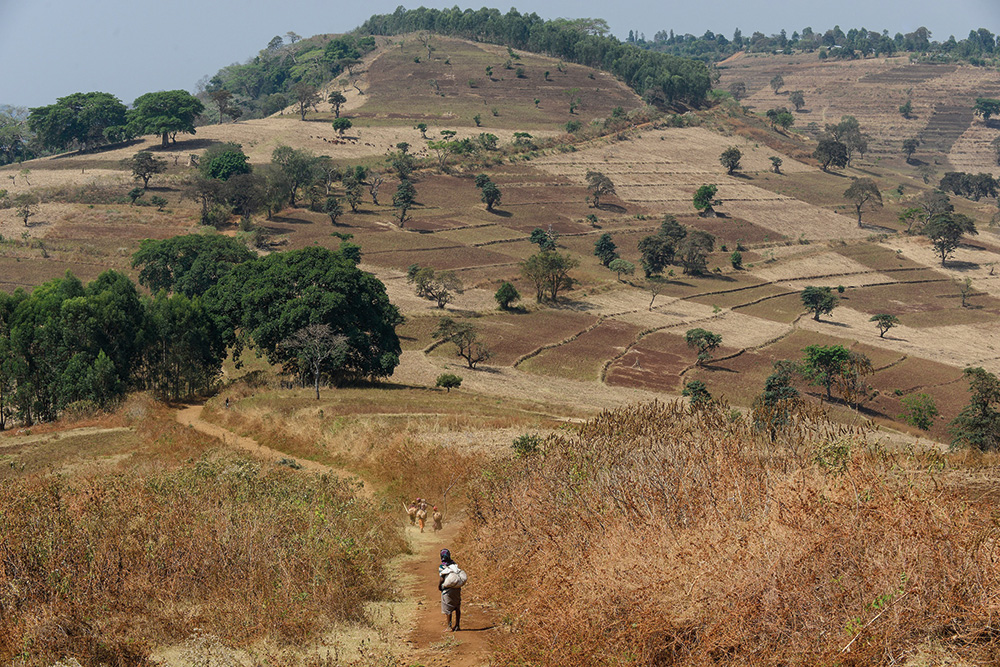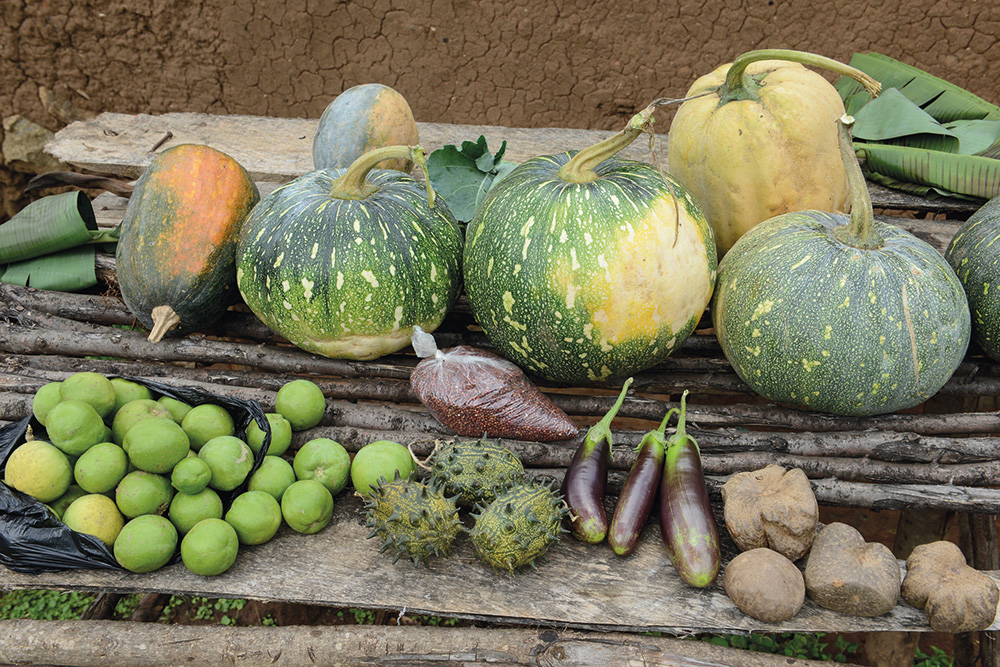Location
The international journal Rural 21 has dedicated more than 40 years to all topics surrounding rural development. Its ambition is to further those strategies and policies that strengthen rural areas of developing and newly industrialising countries and encourage their implementation. The journal addresses the complete range of relevant themes – from agriculture and fisheries via capacity building and education through to health and social security, energy supply and trade. Center-stage is always devoted to inquiring into how measures and strategies can contribute to global food security and to reducing poverty.
Rural 21 desires to further the dialogue between science and politics, the private sector, civil society and practitioners. Two platforms are designed for this purpose: Rural 21 in print is published four times a year, each issue highlighting a specific focus of rural development – this print edition is read in more than 150 countries. In parallel, Rural 21 online keeps the rural development community up to date on news and events, scientific findings and other print and online publications.
Rural 21 is published by DLG-Verlag GmbH in Frankfurt/Germany. Financial partners are BMZ (German Federal Ministry for Economic Cooperation and Development), GIZ (Deutsche Gesellschaft für Internationale Zusammenarbeit), DLG (German Agricultural Society – Deutsche Landwirtschaft-Gesellschaft), SDC (Swiss Agency for Development and Cooperation) and Helvetas Swiss Intercooperation.
The first issue of Rural 21 dates back to 1968. From 1974 to 2007, the journal was published in three languages entitled "entwicklung & ländlicher raum" / "agriculture & rural development" / "agriculture & développement rural". In 2008, the journal was relaunched as "Rural 21".
Members:
Resources
Displaying 31 - 35 of 319Satellite data aid India’s fishermen for better livelihood
Sailing out to sea in the morning and returning without a catch in the evening is now a thing of the past for many Indian fishermen. A satellite-based information system shows where they can find rich fishing grounds.
Hot topics in aquaculture research
Experts agree that the rising demand for fish for human consumption cannot be met without a major expansion and sustainable intensification of aquaculture. Our WorldFish authors describe the areas in which research plays a particularly important role in this context.
Sustainable management of fisheries and aquaculture: a key to food security and poverty alleviation
Fishery plays a crucial role in poverty and hunger alleviation. It is therefore all the more important to secure the long-term conservation of fish stocks as a natural resource and to ensure fair access to them.
Group certification: the silver bullet for smallholders?
Often with just one or two ponds managed by a single person or family, smallholders make up an important share of the world’s seafood production. So why are by far the minority of certified aquaculture operations smallholders?
Captain Iglo mustn’t come to Africa!
During the last few years, the donor community has increased its efforts to reduce the large amounts of fish lost in the distribution chain in artisanal fishery, an endeavour that ought to be welcomed in principle. However, focusing on one single solution, the development of an expensive cool chain and the supply of fresh or frozen fish, represents a massive interference with the traditional processing and distribution channels, with women being the main losers. Our author calls for more foresight in international co-operation.






